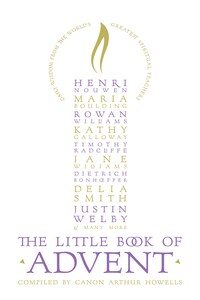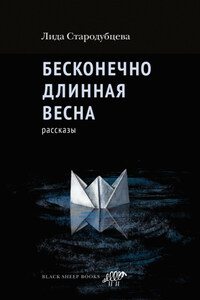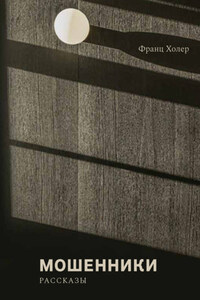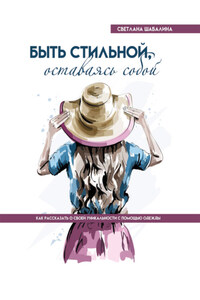William Collins
An imprint of HarperCollinsPublishers
1 London Bridge Street
London SE1 9GF
www.WilliamCollinsBooks.com
First published in Great Britain by William Collins 2015
Copyright in the compilation © Arthur Howells, 2015
In the extracts © the individual contributors
Scripture quotations in each day’s ‘Scripture Reading’ section are taken from the New Revised Standard Version Bible, copyright © 1989 by the Division of Christian Education of the National Council of the Churches of Christ in the USA, and are used by permission. All rights reserved.
Arthur Howells asserts the moral right to be identified as the compiler of this work.
A catalogue record of this book is available from the British Library.
All rights reserved under International and Pan-American Copyright Conventions. By payment of the required fees, you have been granted the non-exclusive, non-transferable right to access and read the text of this e-book on screen. No part of this text may be reproduced, transmitted, downloaded, decompiled, reverse engineered, or stored in or introduced into any information storage retrieval system, in any form or by any means, whether electronic or mechanical, now known or hereinafter invented, without the express written permission of HarperCollins.
Source ISBN: 9780008140793
Ebook Edition © August 2015 ISBN: 9780008140809
Version: 2015-08-20
To Margaret with love and gratitude
In every Christian life there are people who have been signposts for us on the journey; when I was young in ministry, Arthur Howells was one such signpost. Just as I valued his counsel then, so I value this wonderfully ‘catholic’ collection of readings, reflections and prayers today.
The Church-English Dictionary>1 defined Advent as ‘From the Latin Ad Verso, which means “To crowd out God before Christmas with activities of dubious worth”.’ There’s some truth in that.
‘Advent’ is one of those words that is slipping out of common use, but it is pregnant with meaning. These four weeks are not simply a run-up to 25 December, a hectic dash between carol services and office parties up to a particular deadline, but a season in which to be taken by surprise. Advent evokes those uncertain, frustrating, exciting weeks of final expectation before a birth, days to stay close to the ’phone, to make sure there’s fuel in the car and to act on the call when it comes.
The journey through Advent, short as it is, can seem like a race, but if we slow down for long enough every day this little book will provide signposts from the Scriptures, from the wisdom of the sages and with prayer to point us towards the Babe of Bethlehem who is the eternal Word of God.
Having used The Little Book of Lent in prayer with my colleagues, it is a great privilege to be invited to commend this book, which I do most warmly. It is my hope and prayer that the coming Saviour will surprise us all in our Advent journey to him.
+ROBERT SODOR AS MANNIN
THIE YN ASPICK
ISLE OF MAN
____________________________
>1Martin Wroe, Adrian Reith and Simon Parkes (Kingsway, 1991).
The four weeks before Christmas, the season of Advent, are full of joy and anticipation as we await the coming of Jesus. Just as Lent prepares us for Easter, so Advent is a time for getting ready for Christmas. The purpose of this little book is to help us to reflect on the Advent theme. It is hoped that these reflections will encourage us to ponder the meaning of Christ’s coming, living as we do in the busy, puzzled world of today. We are about to celebrate the birthday of Christ. Every birthday symbolises a new beginning, so let’s prepare for the celebration of this special birthday of God’s Son with expectancy and hope.
How are we going to use this book? At this time of year we tend to be caught up in a frenetic busyness! There seems little time to do anything apart from buying presents, sending cards, decorating the tree and planning the Christmas dinner. Here is a well-tried and effective way that may help you as you make your Advent journey. Try setting aside some time each day to look at the Bible passage and the reflection and to enter into a dialogue with God. After settling down in stillness and silence you may like to read the Bible passage first. You may find that you need to read the verses through slowly and repeatedly. Now turn to the extract which provides a commentary or angle on the Scripture reading. Again read this slowly and carefully a few times and see how you react to what is written. Finally turn all this into prayer using the prayer printed at the end of the passage or your own words to express what you want to say to God.








